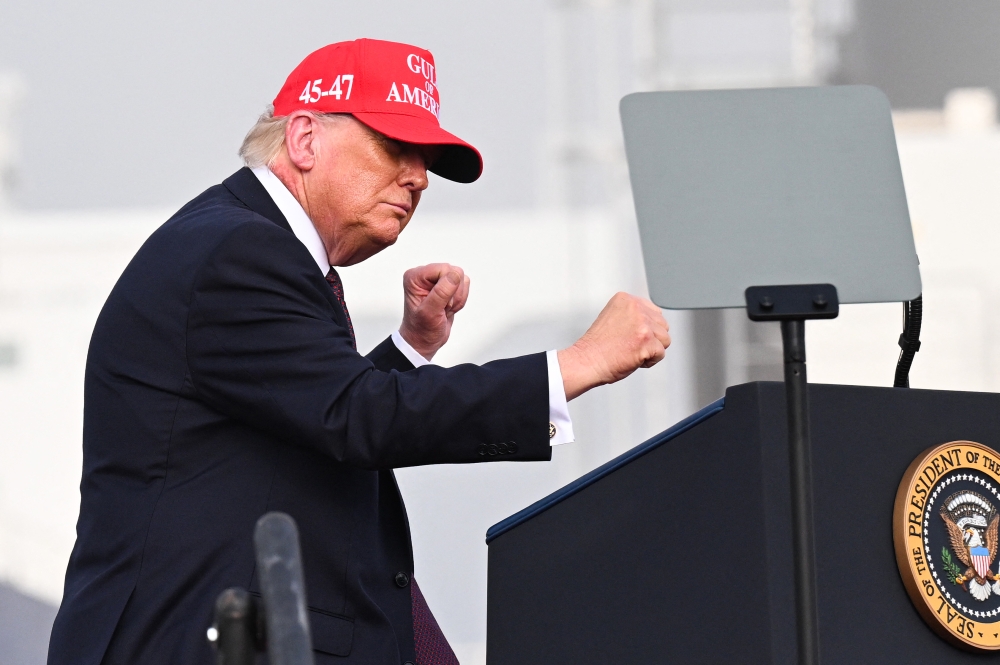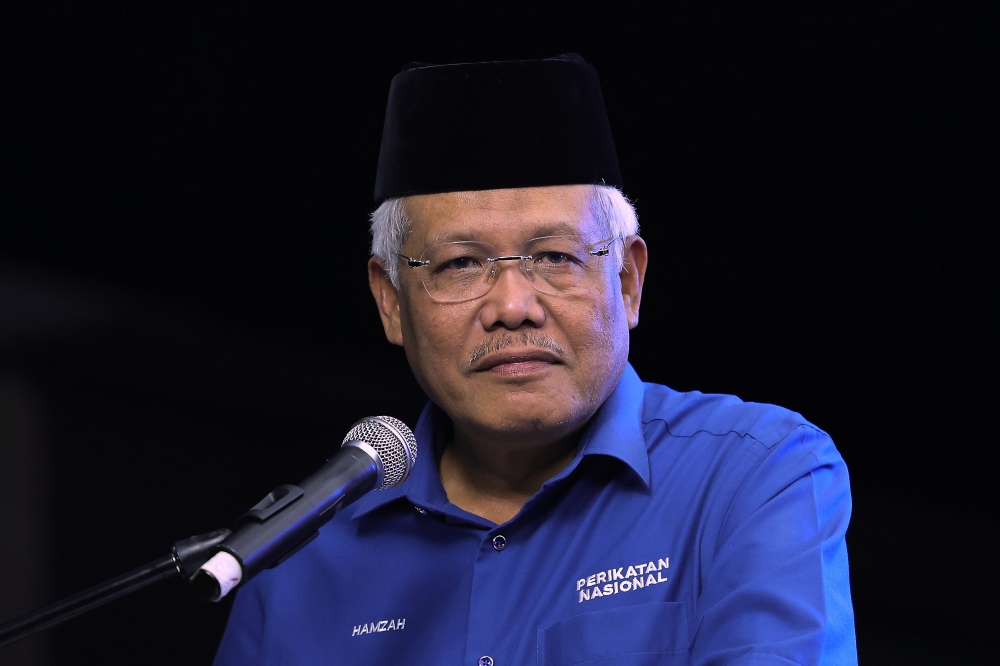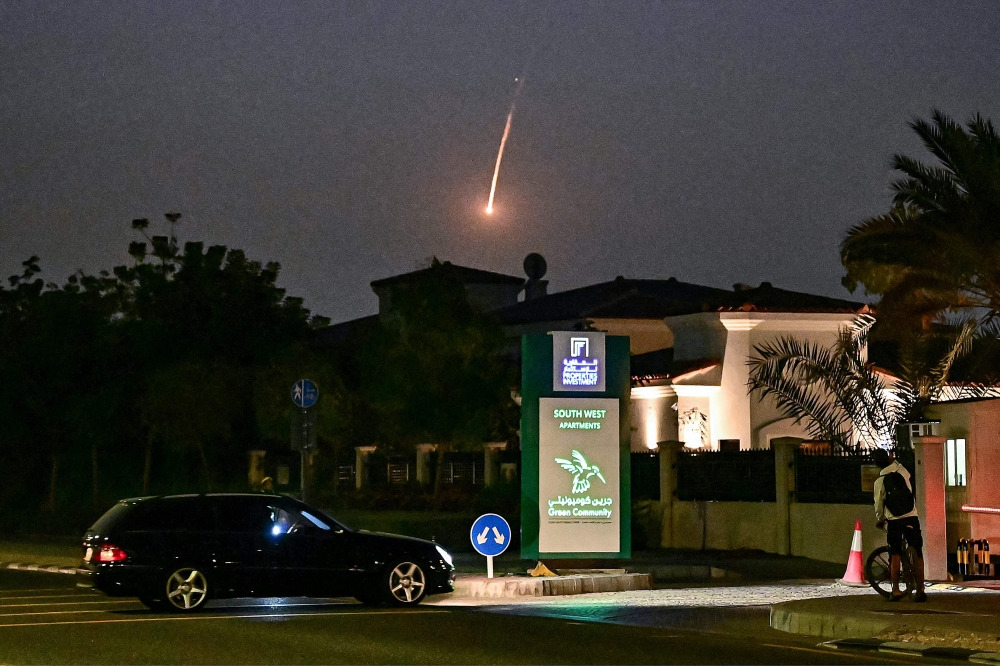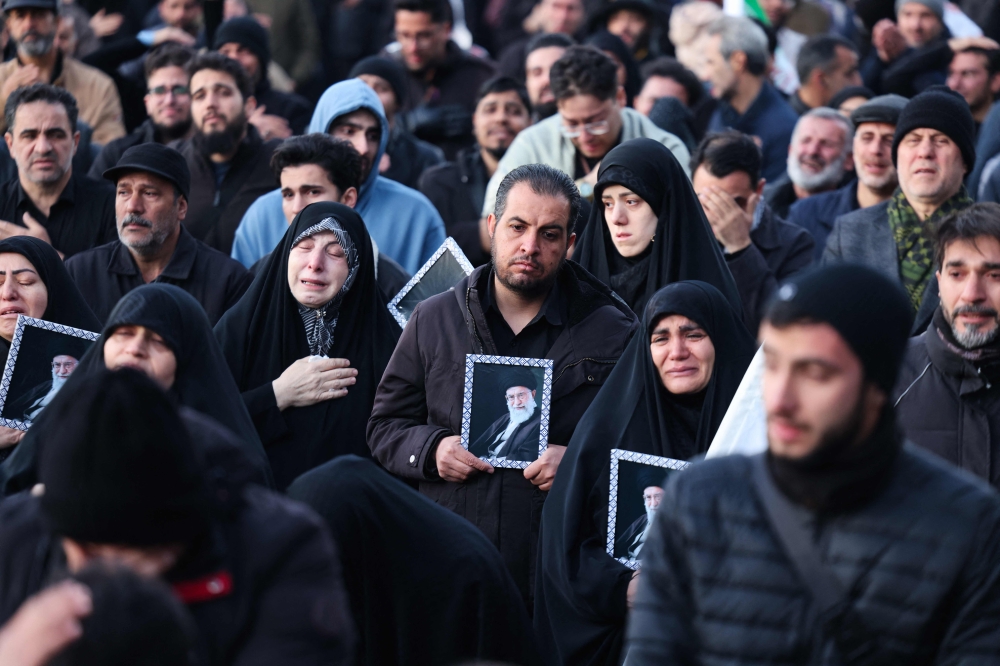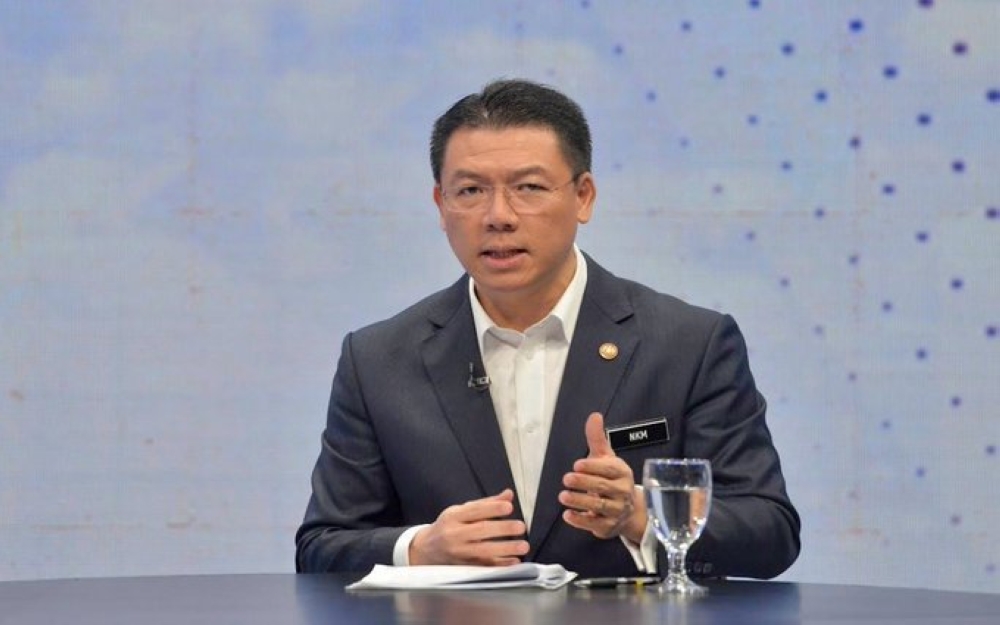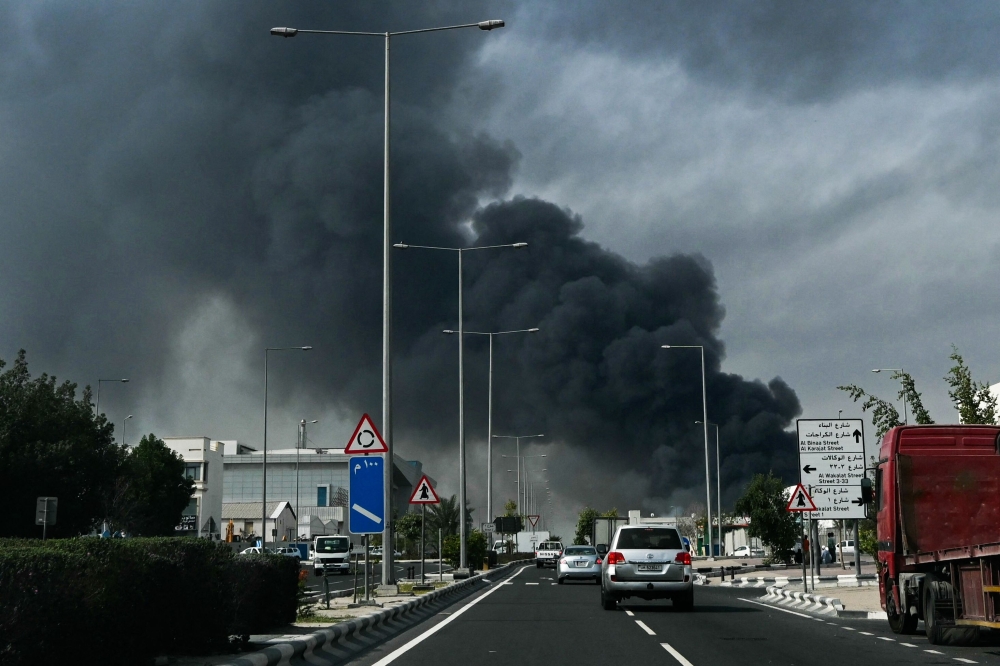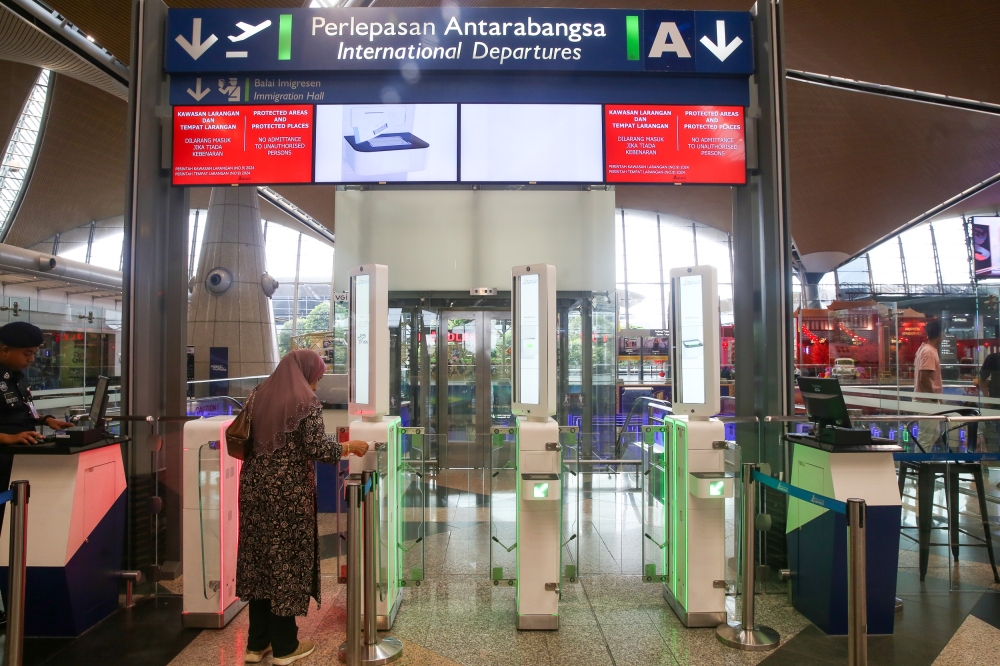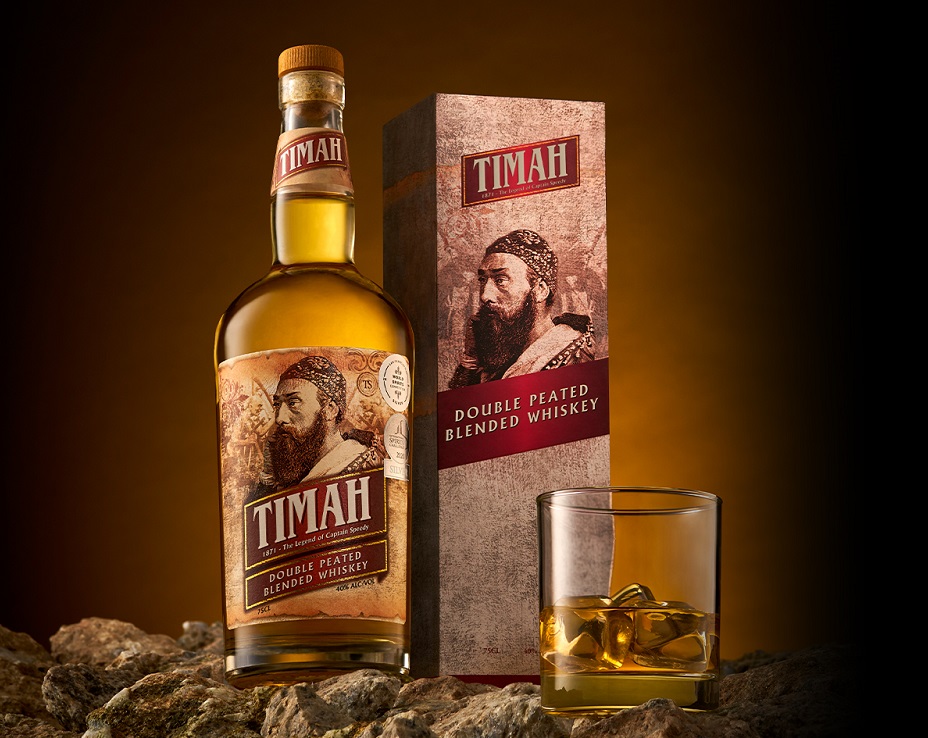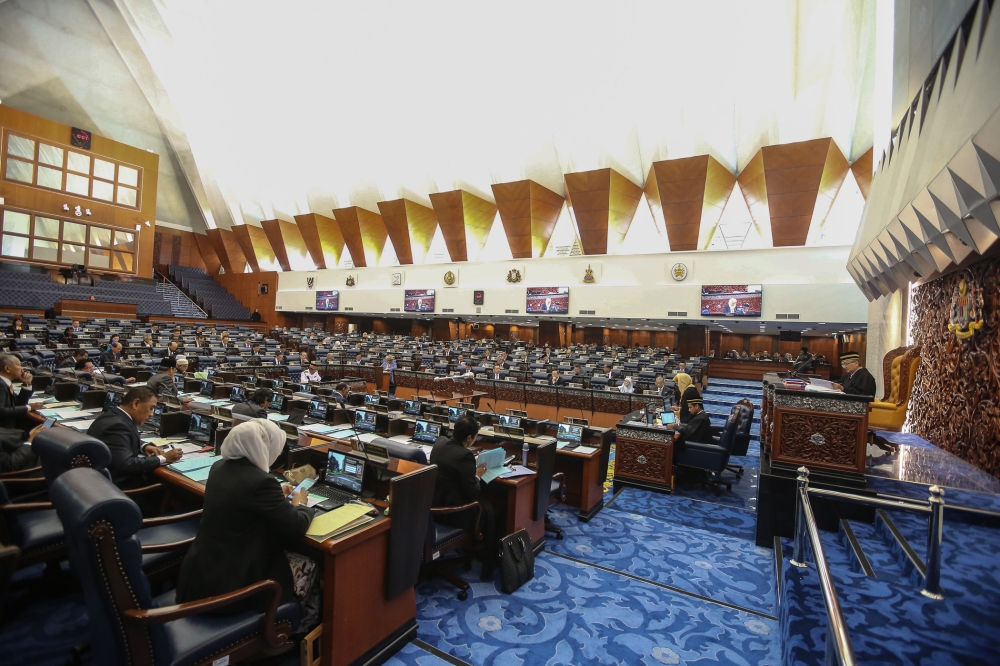KUALA LUMPUR, Nov 2 — An award-winning Malaysian whisky recently attracted controversy over its name “Timah” — which is the Malay word for “tin” — with multiple ministries and government agencies stepping in to discuss the possibility of a name change with its parent company.
Environment and Water Minister Datuk Seri Tuan Ibrahim Tuan Man, who is also PAS deputy president, had last Saturday told his party that the Cabinet had decided not to allow the manufacture of any product that could cause “public anxiety, including in the context of race and religion”.
With this in mind, the question that arises is: Does Malaysia already have laws to prevent such brand names, or will the government have to introduce new laws to enforce this seemingly new policy?
And what can companies do to avoid being caught in the same situation as the “Timah” whisky manufacturer?
Malay Mail contacted several intellectual property lawyers to seek their views. Here’s what they said:
The law is already there
Both Bahari Yeow Tien Hong and Lim Zhi Jian, who are from the same law firm, confirmed that existing legal provisions in Malaysia’s Trademarks Act 2019 allow the government via the Intellectual Property Corporation of Malaysia (MyIPO) to stop a brand name from being registered as a trademark due to reasons such as possibly causing public anxiety.
MyIPO — an agency under the Domestic Trade and Consumer Affairs Ministry — administers the “registration of trademark, or brand, or intellectual property rights (IPR) in Malaysia”, Yeow said.
For businesses that want to have their brand name registered as a trademark in Malaysia, they would have to apply to MyIPO.
Citing the Trademarks Act 2019, Lim explained that MyIPO may reject a trademark application based on either “relative grounds” (such as when a trademark being applied for is identical or similar to an earlier existing trademark) or “absolute grounds”.
According to Lim, some of the absolute grounds include the proposed trademark lacking any distinctive character; and the proposed trademark consisting of only the name of a country or recognised geographical indicators.
Lim also listed examples of absolute grounds contained under the Trademarks Act’s Section 23(5)(a) to Section 23(5)(e), including instances where the trademark’s use is likely to deceive or cause confusion to the public or is contrary to any written law; or where the trademark’s nature is to deceive or mislead the public about the goods or services’ nature, quality or geographical origin; or where the trademarks are “contrary to public interest” or “morality”.
Under Section 23(5)(d), MyIPO can refuse to register trademarks that contain any “scandalous or offensive matter” or would otherwise not be entitled to protection by any courts, while the absolute ground in Section 23(5)(e) is where a trademark contains a matter which in the opinion of MyIPO “is or might be prejudicial” to national interest or national security.
Both Yeow and Lim agreed that the absolute grounds listed in Section 23(5)(a) to Section 23(5)(e) would most closely resemble or cover the public anxiety scenario mentioned by Tuan Ibrahim.

What happens if MyIPO objects to the proposed brand name based on absolute grounds?
Both lawyers said that MyIPO or the registrar must be convinced that a trademark is registrable before an application is allowed to proceed, adding that a proposed brand name could still succeed in being registered in Malaysia if MyIPO’s objections — based on either absolute or relative grounds — have been successfully addressed.
“In a case where the trademark is registered, there may be two possibilities: MyIPO is satisfied that the trademark fulfilled the provisions set out in the Trademarks Act 2019, or MyIPO may have raised objections based on absolute grounds and/or relative grounds, and the applicant is able to overcome the objection(s) raised by MyIPO through the appeal process,” they said.
In the second scenario, the lawyers said that when MyIPO grants the registration, it would mean “MyIPO is satisfied that the initial objection, whether it is based on absolute grounds and/or relative grounds have been sufficiently addressed by the applicant, and MyIPO subsequently is satisfied that the trademark fulfilled the provisions in the Trademarks Act 2019”.
What happens once you get your brand registered as a trademark in Malaysia?
Both lawyers referred to the Trademarks Act 2019’s Section 48(1), which provides that the registered owner has the exclusive rights to use the trademark and to authorise others to use the trademark in relation to the goods or services for which the trademark is registered.
“Until and unless the registered trademark is invalidated, the owner has the exclusive rights under the Trademarks Act 2019 to use the trademark,” they said.

Can a brand name see its trademark registration cancelled?
Yeow said: “Upon registration, a trademark may be revoked or cancelled, example through voluntary cancellation of the registered trademark by the registered proprietor; revocation by the registration by the Registrar, example on the grounds of administrative error; revocation by the Court upon application by the aggrieved person on the basis of non-use; and invalidation by the Court upon application by the aggrieved person — based on absolute grounds as elaborated earlier.”
In other words, a registered trademark owner can voluntarily choose to cancel it, or MyIPO can revoke the registration, or the court can decide to invalidate the registered trademark if an “aggrieved person” applies to the court to have it invalidated. These would be covered by Section 44 to Section 47 of the Trademarks Act.
Lim noted: “Even when a particular trademark is registered, there is provision available under the Trademarks Act 2019 to allow the ‘aggrieved person’ to invalidate a trademark based on absolute grounds, i.e. Section 47 of the Trademarks Act 2019.
“In this scenario, the issue is whether the government can be deemed in law to be an ‘aggrieved person’. The government being the guardian of the public interest may be able to fulfil the criteria,” Lim said, adding that the courts would then determine whether the trademark falls within absolute grounds such as those under Section 23(5)(a) to (e).
This would mean that the company has the right to use a brand name which has been registered as a trademark, and the government would not be able to order a company to stop using a brand name which is a registered trademark and would have to go to court instead.
Both lawyers noted: “The reason being the law has provided for certain mechanisms and platforms for registration. Everyone is equal before the law. Thus, once a trademark is registered, to remove the registration, one must go back to the law and act within the provision to have the trademark removed. Otherwise, it may lead to absurdity where any one party can take away the proprietary rights which the law has granted without due process. If this is permitted, it may cause lots of uncertainty.”
Certainty in law is good for business
Both Yeow and Lim stressed the need for consistency, certainty and predictability when it comes to deciding whether to invalidate a brand name registered as a trademark, and noted that such court decisions would be based on evidence.
“The court in deciding whether there is any basis to allow the invalidation application will have to consider the relevant law based on the facts and evidence before the honourable court. Ultimately, the court, being a court of law (as opposed to a court of morals) will have to decide a matter based on facts, law and evidence,” they said.
Yeow said there must be “certainty in law to ensure predictability for all businessmen”, pointing out that the importance of branding or intellectual property rights have been recognised in modern society in both the eyes of the law and in common parlance.
“The registered trademark is recognised as a proprietary right i.e. the specific right of an individual to control, use and exploit. In order to deprive someone of the proprietary rights, it must be based on a strong basis supported by evidence,” Yeow said.
Lim also cited then High Court judge Ramly Ali’s statement in the 2010 judgment for the Illinois Tool Works, Inc v. Pendaftar Cap Dagangan Malaysia where the judge said “The registrar should maintain consistency and certainty in his decision. Arbitrary decision, over-presumptuous and over-cautious assessment would not enable businessmen and members of the public at large to conduct their business with confidence.”
Yeow also cited High Court judge Wong Kian Kheong’s 2017 judgment in the case of Philip Morris Brands Sarl v. Goodness for Import and Export, where the judge noted the importance of ensuring “consistency and predictability in the protection and enforcement of IP Rights of that product in different jurisdictions.”
Ultimately, both lawyers said it is important any action taken must be within the ambit of existing law and “not based on emotion”, for the sake of consistency and predictability.
They also confirmed that the High Court’s decision on whether to invalidate a registered trademark could be appealed to the Court of Appeal, and further appealed to the Federal Court.
About the question of possibly ‘causing public anxiety’
Both lawyers said they were proud as Malaysians that the country has a “good and strong foundation of intellectual property law” whether from the perspective of the legislature or the judiciary, while also noting that the government’s policies are not static but organic, flexible and evolve to meet changing conditions.
“‘Causing public anxiety [(whichever ground it may be)]’ is often a difficult consideration in this multi-racial society,” they said, adding that the fundamental issue here would be “the balancing act”.
“One may not be able to react too quickly without due consideration of what is right and what is wrong. Very often, right or wrong may just be a thin line. In order to build a very strong legal foundation of our legal jurisprudence, proper consideration must be taken from all aspects, and not just one and ignoring the other,” they said.
In response to Malay Mail’s question regarding scenarios where a foreign company starts selling a product without applying for the brand to be registered as a trademark and the brand name later causes public outcry, both lawyers say this is not a new issue.
“We have seen so many examples where a particular trademark or brand carries a good meaning in a particular language and carries another meaning which contrasts dramatically in another jurisdiction.
“In this, we would like to adopt the wisdom of our pepatah: Masuk kandang kambing mengembik, and masuk kandang kerbau menguak,” they said, referring to the Malay idiom that is equivalent to “When in Rome, do as the Romans do”.
“And likewise, for all of us, as part of globalisation and evolution, we must also not be living ‘seperti katak di bawah tempurung’,” they said, referring to the Malay idiom that relates to having a narrow worldview.
What can companies do to avoid their brand names being seen as causing public anxiety?
Both Lim and Yeow noted that there are many factors to be considered when a company affixes a brand or trademark to its goods and services, including the need to conduct a proper search — whether of MyIPO’s records or the marketplace — to ensure that no other trader is using the proposed brand or trademark.
They said another factor to be considered is “the meaning of the proposed brand or trademark in a particular language or jurisdiction to ensure that” it “does not sound odd” in the country where the goods or services are to be offered.
They also said carrying out a market survey “may eliminate or reduce the risk of similar encounters”, alluding to the “Timah” case.
“We believe the first factor to be considered is whether the particular trademark can be said to violate the existing law. If it is, the answer is clear. The trader must take immediate steps to rebrand to ensure that the trader does not use any brand that is contrary to the Trademarks Act 2019,” they said, agreeing that this would mean ensuring the proposed trademark does not fall within the absolute ground scenarios such as Section 23(5)(a) to (e).
“Assuming that the trademark does not violate the existing law, we believe, the trader may be left to decide on their own, what is best for them. It is ultimately a free market, and sometimes, the businessman knows what is best in the marketplace,” they said.
How companies could navigate the use of brand names
Foong Cheng Leong, who is also a co-chair of the Bar Council’s Intellectual Property Committee, told Malay Mail: “Businesses in Malaysia are generally free to use whatever brand name they want on their goods and services so long that, among others, it is not a brand name of another person or a confusingly or deceptively similar one, or a false trade description.
“For certain industries, prior approval is required from local government/agencies. For example, a name of a property development would need approval from the local council,” he said, adding that he is not aware of any name approval requirement for alcoholic products.
Foong also noted that a trademark could still be used even if it is not registered, noting that the registration of a brand name with MyIPO “is merely a process to protect the mark from being infringed by a third party”.
“MyIPO has the right to object to the registration of a mark that is offensive or scandalous, or against morality, among others. However, the non-registration of a trademark does not prohibit the use of a trademark. The effect is only that they do not get protection under the Trademarks Act 2019,” he said.
“When it comes to using a name that could cause fear or alarm to the public or against public tranquility, Section 505(b) of the Penal Code may be relevant. However, I am not aware of this section being used against anyone using a brand name that has caused public anxiety.
“A use of a brand name is a commercial decision. One would use a name that would attract customers and certainly not a name to cause public anxiety,” he added.
Section 505(b) covers the crime of making, publishing, circulating any statement, rumour or report with intention to cause or which is likely to cause fear or alarm to the public or to any section of the public where any person may be induced to commit an offence against the state, or with such statements being against public tranquility.
When asked if companies should avoid using the Malay language altogether for brand names to avoid possibly causing public anxiety in Malaysia (including in the context of race and religion), Foong replied: “There is no issue in the use of Malay words as a brand name. Many Malaysians are proud to use Malay words as their brand name to show that their goods and services are from Malaysia.”
“However, the Timah case has shown us that there is a limitation to such use. It seems to me that it is not so much on Muslims being confused but rather the use of Malay words on products prohibited by religion e.g. alcoholic products. I do not think that there is an express prohibition by law on this.
“But historically, there had always been a prohibition on use of religious words or words which connotes religious meaning on all forms of publication.
“Nevertheless, I think brands would now need to rethink their strategy, especially when using local names on products which are prohibited for consumption by religion or custom,” he said.
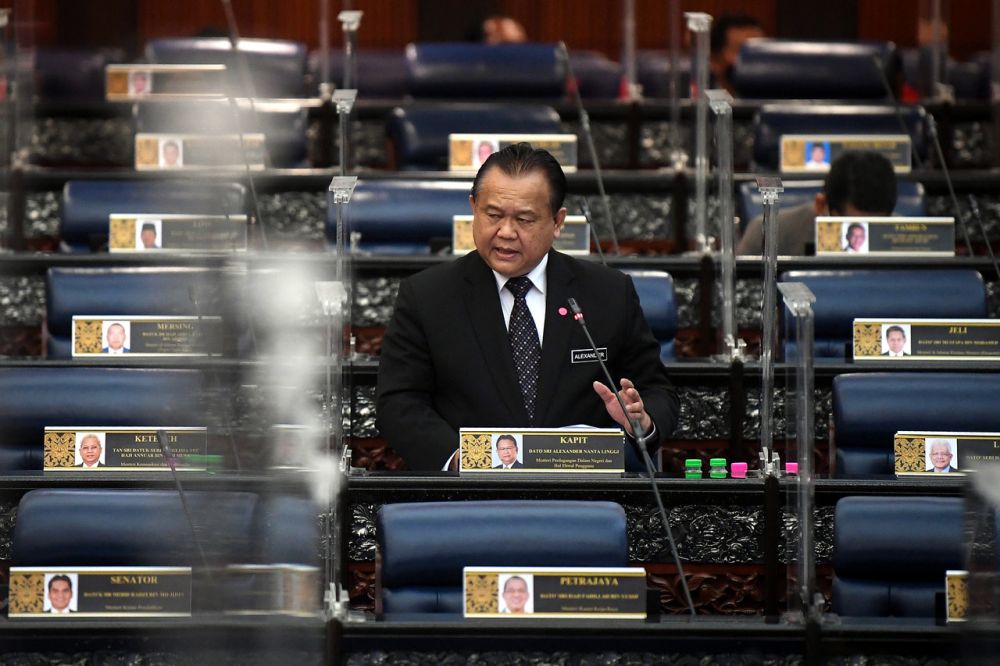
About ‘Timah’ itself
Lim shared that the owner of the trademark “Timah” had applied in August 2019 for its registration, and that this was accepted by MyIPO in June 2020 with the trademark or brand now being registered in Malaysia effective from August 2019 to August 2029.
He also said that a search of MyIPO records show that the ‘Timah’ trademark is registered with the specification of goods being for “liqueurs; alcoholic beverages [except beer]; vodka; whisky; rum; gin; brandy; wine; tequila; all included in Class 33”.
On October 28, Domestic Trade and Consumer Affairs Minister Datuk Seri Alexander Nanta Linggi confirmed that local company Winepak Corporation (M) Sdn Bhd has agreed to consider changing both the name and image of its “Timah” whisky product, following a meeting with ministers and government representatives.
He said that the company has requested a period of one week to discuss changing the whisky’s name and label image with their shareholders and board of directors.
The liquor company which produces the “Timah” whisky had previously explained that the local word “Timah” means tin and refers to the tin mining era during the British colonial days of Malaya, and said the photo of the man depicted on the whiskey label was Captain Speedy who was one of the men who introduced whisky culture back then.
The company had said it was due to this history that the name “Timah” was used and that the word’s use was not intended to stir any controversy, and that any interpretation of the name unrelated to Malaysian tin mining is false. It had also said the “Timah” whisky is meant to be enjoyed by non-Muslims who are above the legal age for purchasing alcohol.




